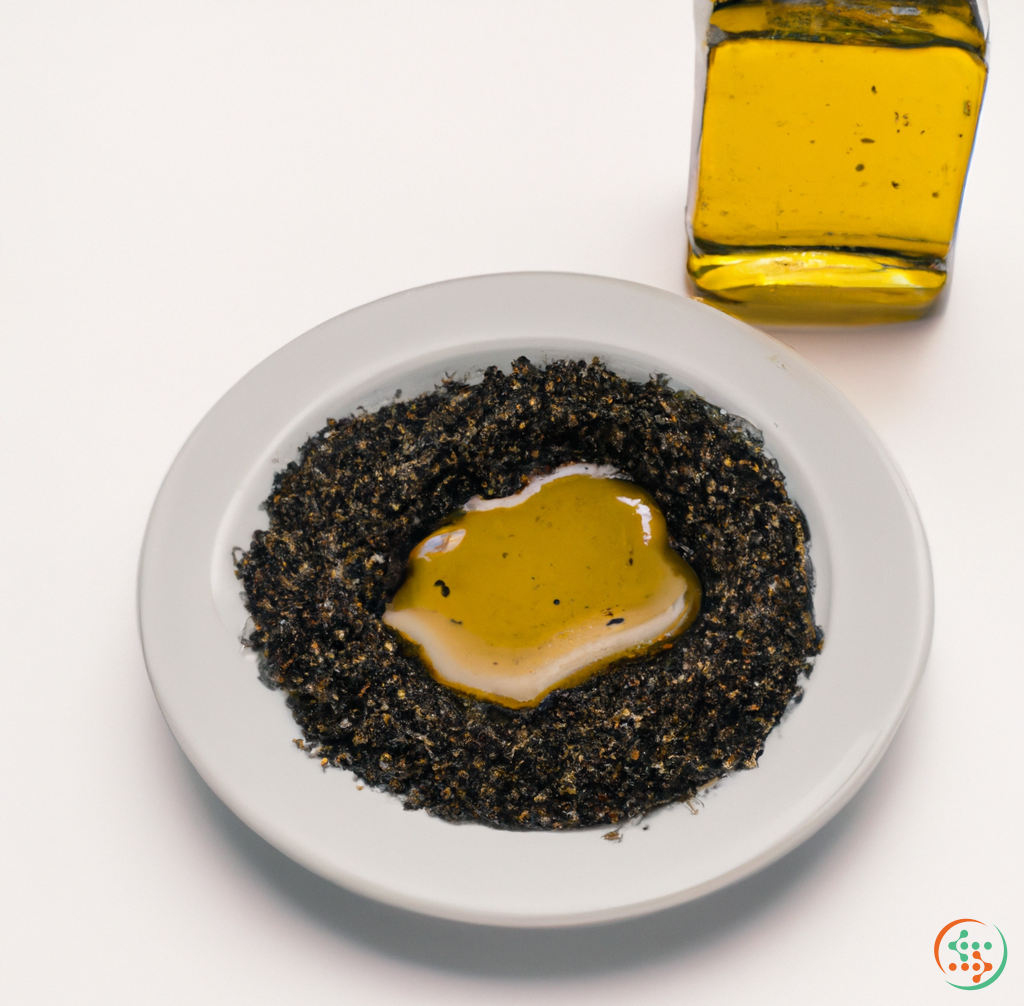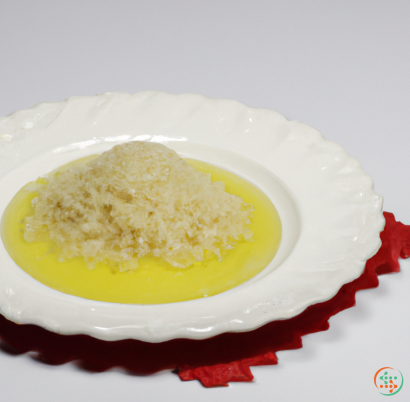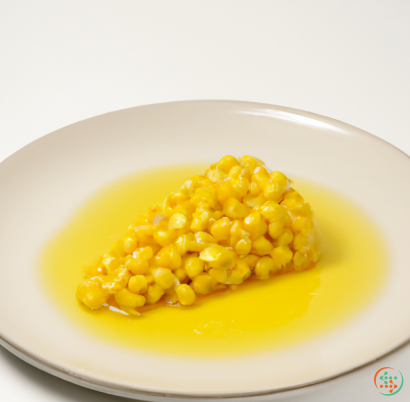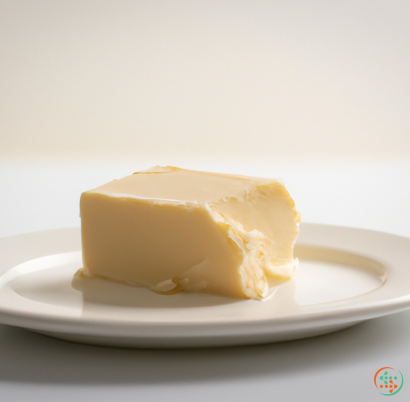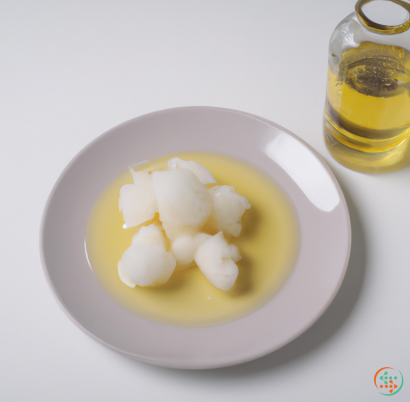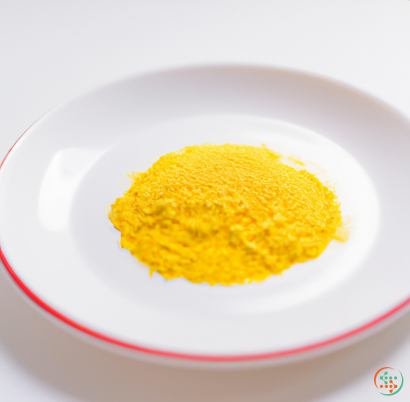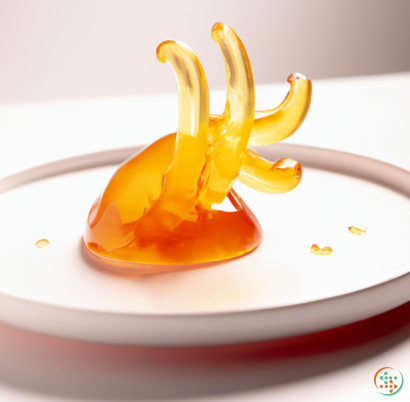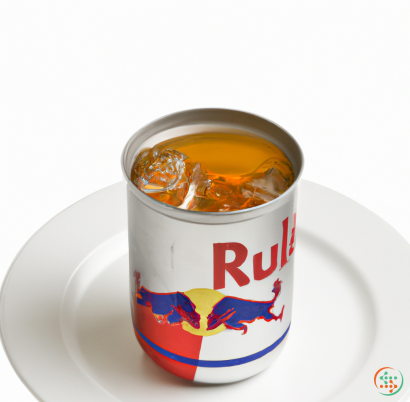Poppyseed Oil
Poppyseed oil is a by-product of the poppy plant, Papaver somniferum, used primarily as an edible oil in cooking and baking, but is also gaining attention as a natural remedy with medical and cosmetic benefits. While it has a variety of uses, its defining characteristic is its nutty taste and beautiful light yellow hue. Compared to other oils, it is exceptionally light, odorless, and has a higher smoke point, making it an ideal choice for frying and cooking at higher temperatures.
What Are the Benefits of Poppyseed Oil?
Research suggests that poppyseed oil may offer some unique health benefits. While clinical trials are still forthcoming, the potential advantages of this oil include:
1. Heart health – Laboratory studies demonstrate that poppyseed oil can help reduce levels of bad cholesterol (LDL) and aid in preventing atherosclerosis, which is narrowing and hardening of the arteries. Rich in polyunsaturated fatty acids such as omega-3 and omega-6, the oil is thought to promote cardiovascular health.
2. Skin care – Poppyseed oil can act as a natural moisturizer thanks to its high concentration of linoleic acid, an essential fatty acid. It is also thought to contain antioxidants, which can help fight the signs of aging by promoting collagen production and elasticity.
3. Pain relief – Preliminary studies have reported that the oil can act as an anti-inflammatory agent to reduce pain and swelling associated with conditions such as arthritis and rheumatism.
4. Hair care – It is also rich in both monounsaturated and polyunsaturated fatty acids. When applied to the hair, they can penetrate the hair cuticles to provide moisture, reduce frizz and add shine.
How Is Poppyseed Oil Extracte?
Poppyseed oil is extracted through cold pressing, a process where the seeds are gently crushed in a machine and the oil is extracted without the use of chemicals or solvents. It has a very short shelf life, so it’s best stored in a cool and dry place and should be used within a few months of purchasing.
Poppyseed oil is a great option for cooking and baking due to its smoke point of around 461°F (238°C). This means that at high temperatures, the oil won’t break down and produce toxic compounds, making it a safer alternative to other oils.
What Are Some Uses for Poppyseed Oil?
The light nutty flavor and beautiful light yellow hue of poppyseed oil makes it a popular choice in many culinary recipes. It can be used as an alternative to other cooking oils, in salad dressings, cream sauces, baking, and more.
Poppyseed oil is also a great option for a skin and a hair care treatment. It can be used as a massage oil or added to bath water, and applied directly to the hair or skin. For a simple moisturizing treatment, it can be combined with essential oils such as lavender or peppermint.
Where Can You Buy Poppyseed Oil?
Poppyseed oil can be found in many natural grocery stores, online health stores, or specialized stores selling cooking oils. It’s important to look for brands that claim to be cold-pressed and 100% organic. Unrefined poppyseed oil should be light in color and have a sweet and nutty flavor.
Conclusion
Poppyseed oil is a versatile oil used in cooking and baking and begun to gain traction as a natural remedy with a variety health and cosmetic benefits. Rich in essential fatty acids, it can help reduce levels of bad cholesterol and also act as an antioxidant to promote collagen production, elasticity and reduce pain and swelling associated with arthritis and rheumatism. It can be applied directly to the hair and skin or added to the bath water, and has a smoke point of 461°F (238°C). Poppyseed oil can be found in grocery stores and online health stores, but it is important to look for brands that claim to be cold-pressed and organic.
Poppyseed oil is one of the most popular cooking oils due to its nutty and earthy flavor, which can add depth and nuance to both savory and sweet dishes. All oils start with a seed which are then processed in order to produce the resulting oil. Poppyseed oil is no different, and the creation and journey of this unique oil to a dinner plate is filled with fascinating science and history.
What is Poppyseed Oil?
Poppyseed oil is extracted from the seeds of Papaver somniferum, which is an annual flowering plant that is native to Asia, India, and Europe, but has been naturalized in many other parts of the world. This type of Poppy is also known as the opium poppy, as it is a source of morphine and other medicinal alkaloids. The oil is obtained by pressing the ripe, dried seeds and is a clear yellow liquid with a pleasant odor and nutty or earthy taste. It is a food-grade oil, and is used for cooking in many countries when a light, fruity flavor is desired.
Oil Production
Poppyseed oil is produced in two stages. First, the seeds undergo a process of cleaning, cracking and decorticating, during which the external hull is removed and the seeds are washed to remove impurities. Next, the seeds are dried in order to reduce the moisture content before they can be used in the oil extraction process.
The type of oil extraction process used affects the quality of the oil and other compounds extracted from the seeds. Generally, two methods are used: cold-pressing and solvents. Cold-pressing is done in a mechanical press which is used to squeeze the oil out of the seeds without the application of heat. This leads to the production of low volumes of oil but one that is clean, aromatic, and of superior quality. On the other hand, the solvent method uses either hexane or petroleum ether to dissolve the oil from the seeds. This method results in higher output of oil but use of solvents can lead to contamination of the oil with some of the solvents.
Chemical Composition
The chemical composition of Poppyseed oil is quite unique, due to its high content of oleic and linoleic fatty acids. Approximately 60-70% of the oil consists of oleic acid and 25-30% of linoleic acid, with a small percentage of other fatty acids. Both of these fatty acids have a beneficial effect on health, due to their antioxidant and anti-inflammatory properties. Additionally, poppyseed oil is a source of vitamins A, E, and K. Vitamin A is responsible for normal vision and skin health, while vitamin E is a powerful antioxidant which helps to protect cells from damage caused by oxidation. Vitamin K is important for proper blood clotting, which is necessary for wound healing.
Health Benefits
The health benefits of poppyseed oil are numerous. Its high omega-3 and omega-6 fatty acid content has been linked to improved cardiovascular health and a decrease in high cholesterol levels. Additionally, studies have shown that poppyseed oil has a positive effect on bone health, as it can help reduce bone loss. Furthermore, the antioxidant and anti-inflammatory properties of this oil provide protection against several chronic diseases, such as cancer, diabetes, and Alzheimer’s.
How it Travels to the Dinner Plate
Once poppyseed oil has been extracted, it is ready to be packaged and shipped to wherever it is needed. Generally, the oil is packaged in plastic bottles or cans, which are then securely fastened in containers and loaded onto ships or airplanes. Depending on where it needs to be delivered, it can take anywhere from a few days to a few weeks to reach its destination.
Once the oil has arrived, it can be shipped to stores and restaurants, depending on its intended use. In most cases, the oil is purchased and stored until it is ready to be used in food preparation. After the oil is used, it will eventually reach the dinner plate, where it can add flavor and nutrition to whatever dish it is used in.
Conclusion
Overall, the creation and journey of Poppyseed oil from plant to plate is a fascinating journey that is filled with science, history and a variety of beneficial health benefits. The oil has a unique and nutty or earthy flavor and is a great addition to a variety of dishes, both savory and sweet. With its impressive fatty acid profile, antioxidant content and anti-inflammatory effects, it is easy to see why Poppyseed oil is becoming increasingly popular in kitchens around the world.
| Vitamin E | 0.0114 grams |
| Total Sugars | 0 ug |
per 100g
|
| Palmitic acid (16:0) | 10.6 grams |
|
| Stearic acid (18:0) | 2.9 grams |
|
| Total Saturated fatty acids: | 13.5 g | |
| Oleic acid (18:1) | 19.7 grams |
|
| Total Monounsaturated fatty acids: | 19.7 g | |
| Linoleic acid (18:2) | 62.4 grams |
|
| Total Polyunsaturated fatty acids: | 62.4 g | |
| Phytosterols | 0.28 grams |
|
| Total Sterols: | 0.28 g | |
